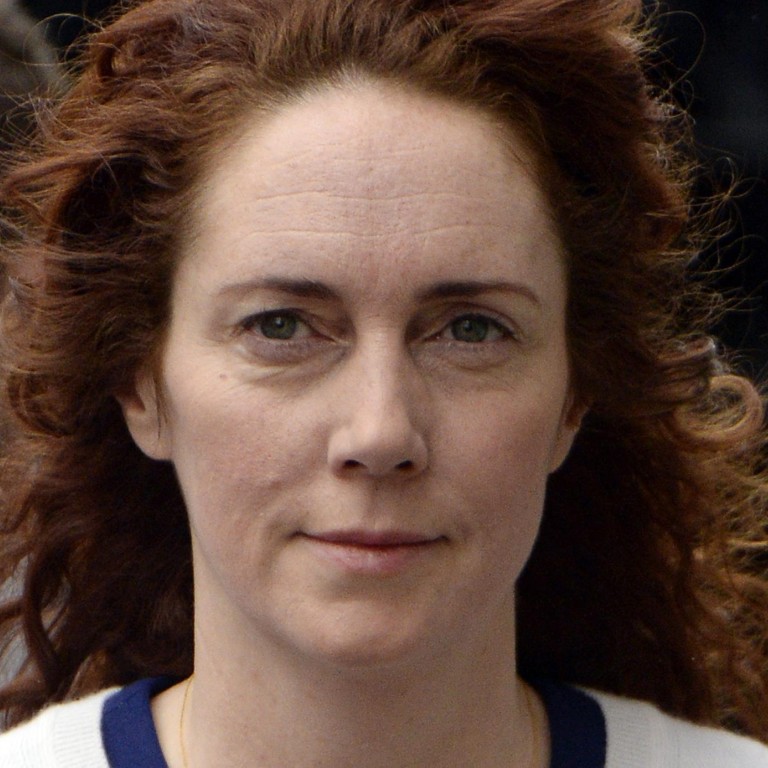
Brooks testifies in phone-hacking trial about rise in Murdoch's media empire
Rebekah Brooks' meteoric rise to wield vast power from the pinnacle of Rupert Murdoch's British newspaper empire should not be held against her when jurors decide whether she is guilty of phone-hacking, her lawyer told a London court yesterday.
Rebekah Brooks' meteoric rise to wield vast power from the pinnacle of Rupert Murdoch's British newspaper empire should not be held against her when jurors decide whether she is guilty of phone-hacking, her lawyer told a London court yesterday.
Brooks, a close friend of the last three British prime ministers, took the stand for the first time on day 62 of her trial, explaining how she rose from an ordinary background to become one of Murdoch's leading editors in a matter of years.
The case centres on widespread phone-hacking by journalists at the 168-year-old Sunday tabloid, which Murdoch closed amid huge public anger in July 2011, and on other allegations of crimes by staff on its sister daily paper , both of which she used to edit.
Brooks was cleared of one of the five charges yesterday on the judge's instruction - that of authorising a payment to acquire a picture of Prince William in a bikini - but faces four other charges, which she denies.
Six other people, including her husband who is accused of trying to conceal evidence, are also on trial.
Opening her defence, Brooks lawyer Jonathan Laidlaw urged the jury to forget the myth that had built up around one of the most famous women in Britain and to focus on the specific charges of a case that has rocked the country's elite.
"She is not being tried, is she, because she was the editor of a tabloid newspaper," Laidlaw told the jury.
"Neither is she on trial for having worked for Rupert Murdoch's company or for having worked her way up literally from the bottom through that organisation."
During the first few hours of testimony, Brooks, 45, detailed the advice she had been given by Murdoch and also the resistance she had faced as she rapidly rose through the ranks of the male-dominated newsroom.
"There was probably a bit of old-school misogyny," she said, relating how colleagues had kept a file on stories they deemed to be no good and how she suspected they had also cut her phone lines after she had got a good scoop. Despite a lack of experience and only basic journalism training, the court heard how she rapidly rose through the ranks. By March 1994, she was deputy features editor and the following September, at the age of 27, was made acting deputy editor of what was then Britain's biggest-selling newspaper.
"It was a tough world," she said, adding she later helped form a group with female staff from other papers called "women in journalism".
She said Murdoch advised her not to become the focus of attention herself. "Early on I remember him coming into my office for the first time ... and he said it's a big challenge at a young age," adding she had a long career ahead of her, to take her time and to learn on the job.
Brooks told the court how, as features editor, one of her biggest decisions had been to spend some US$250,000 in 1995 to get an exclusive story from Divine Brown, a prostitute who had a liaison with British actor Hugh Grant. Brooks said they gave Brown US$100,000 and then hired a jet to fly her and her family to the desert in Nevada to keep all of them away from other British reporters.
"It seems silly now," she said, adding that it had seemed important at the time.
